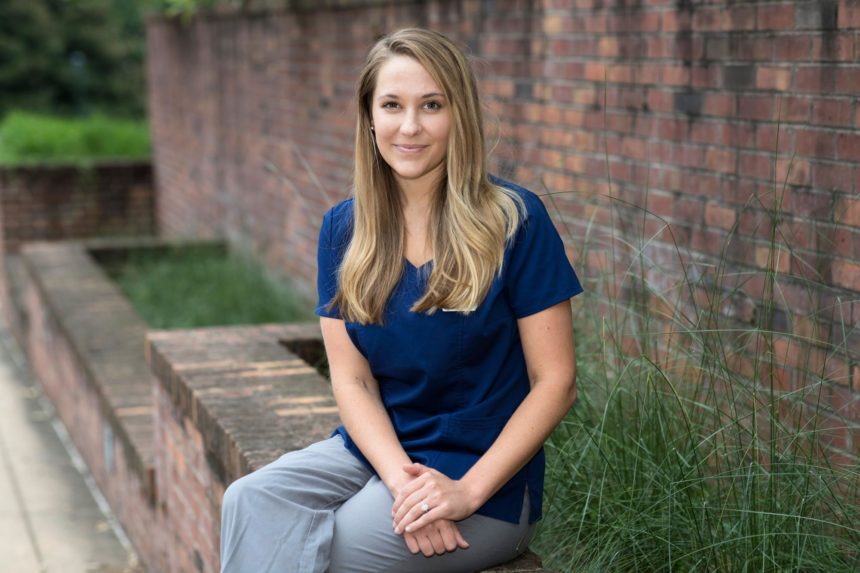
Fatal falls have nearly tripled among older Americans, and experts are calling for stepped-up prevention measures such as the following, provided by injury prevention coordinator Liz Cochran, MPH, CHES, University of Virginia Health System:
Start with home safety
- Floor spaces should be clear of tripping hazards such as cords, throw rugs and ground-level objects.
- Keep frequently used items on lower shelves that don’t require a step stool or ladder to reach.
- Replace dim bulbs with brighter ones to aid vision.
- Use grab bars inside the shower and next to the toilet. Non-slip rubber mats inside the shower or tub bottom are also helpful.
Know when to turn to assistive devices
- When a senior begins reaching out to hold onto walls or pieces of furniture to steady themselves, this is a sign that it may be time to begin using a cane, walker, or other mobility device.
- A physical or occupational therapist can help to choose the device that best suits each individual.
Exercise to significantly reduce risk
- Some forms of exercise, such as tai chi, are known to be extremely effective in reducing a person’s fall risk, their rate of falls and their fear of falling.
- Stronger leg muscles can help improve gait.
- Individuals who fear falling during exercise may benefit from more carefully monitored fitness programs, and should consult a doctor.
Monitor medications
- Each year, a pharmacist should review all medications and supplements taken.
- A change in medications can impact fall risk, so extra caution is advised during the transition time.
- Individuals on blood-thinning medications should seek immediate medical attention if they fall and hit their head, as they’re at an increased risk for internal bleeding.
Check eyes and feet annually
- Eyes should be checked by an eye doctor at least once a year and updates made to glasses when needed.
- Seniors with bifocals or prgressive lenses may want to get a pair of glasses with only the distance prescription for outdoor activities.
- A podiatrist should check feet yearly. Sensation in the feet is often lost with age and a podiatrist may have recommendations to address that problem.
Ask the doctor
- A geriatrician may be the right primary care specialist to address fall risk questions and provide solutions for adults aged 65 years and older.
- Seniors should talk to a clinician right away to evaluate their risk if they’ve fallen, feel unsteady on their feet or have a fear of falling.
- Ask about vitamin D supplements.
Prevent falls caused by pets
- Seniors should move slowly and carefully around pets, especially if the pet has tendencies like being underfoot in the kitchen or running around when they hear certain words or phrases. Dogs in particular are known to be linked to falls.
- If a dog has jumping, pushing and/or pulling habits and are around individuals age 65 or older, they should go to an obedience class.
Consider technology
- Medical alert devices are key to preventing serious consequences in the event of a fall, since quickly receiving medical care is crucial after a fall has occurred.
- The Apple Series 4 watch can be used as a medical-alert device, thanks to its built-in fall-detection system.




